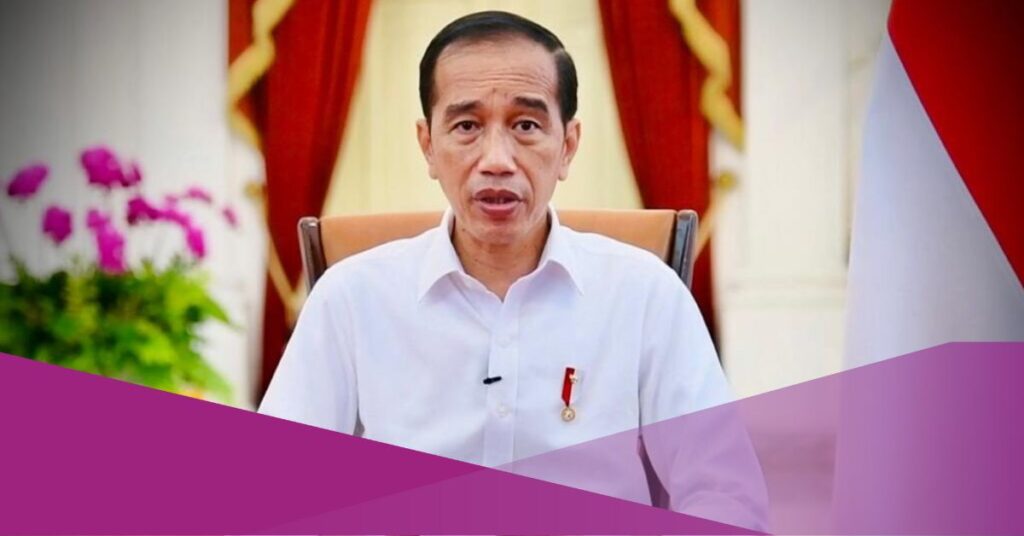Through lessons learned from US sanctions on Russia, Indonesia seeks to reduce its reliance on foreign financial systems such as Visa and Mastercard. The Bank of Indonesia is preparing to move away from Visa and Mastercard while building its in-house payment infrastructure.

Since last March, Indonesian President Joko Widodo has urged local agencies and authorities to begin accepting cards authorized by local banks instead of utilizing international payment systems like Visa and Mastercard.
Jokowi cited the banking sector restrictions put in place on Russia by the US, EU, and their allies as evidence that Indonesia needed to defend itself against geopolitical and international upheavals. Joko Widodo warned, “Be very careful; keep in mind the US sanctions against Russia; Visa and Mastercard might cause a problem.”
The US has a long history of applying pressure on nations which believes are acting against its interests by using economic instruments, such as cutting off access to Western financial networks. Such actions have been taken against Russia, notably after it invaded Ukraine. Still, there have also been threats of so-called secondary sanctions on nations that do business with Russia.
Russians could not use their Visa and Mastercard at home or abroad due to US sanctions, including Russian tourists in Bali who could not pay for accommodations, meals, and other services on the tropical island due to Visa and Mastercard becoming inoperable for cards issued in Russia.
The initiative was addressed by BI (Bank Indonesia) spokesperson Erwin Haryono, who said that the regulator was in contact with local businesses and that the progress is about 90%, and domestic cards would have several advantages, such as lower rates.
During an interview in Yogyakarta, Erwin told the media, “Let’s assume I bought something in Yogyakarta using a Visa credit card or Mastercard. Normally, the settlement is done overseas, but it may now be done in Indonesia.”
Although Erwin stated that BI would guarantee the program was competitive, BI intends to make it optional rather than mandatory for local banks to provide domestic credit cards. The domestic network would have advanced capabilities, such as fraud detection, which current companies like Visa and Mastercard have.
“The domestic credit card cannot be implemented immediately. It must have the same level of security as its foreign competitors,” Erwin added.
BI has started many initiatives, one of the is BI-Fast to enhance the nation’s payment systems that includes introducing its domestic interbank system dubbed GPN, presently the network for domestic debit cards.
Interested about this topics? Check out our other articles:
































